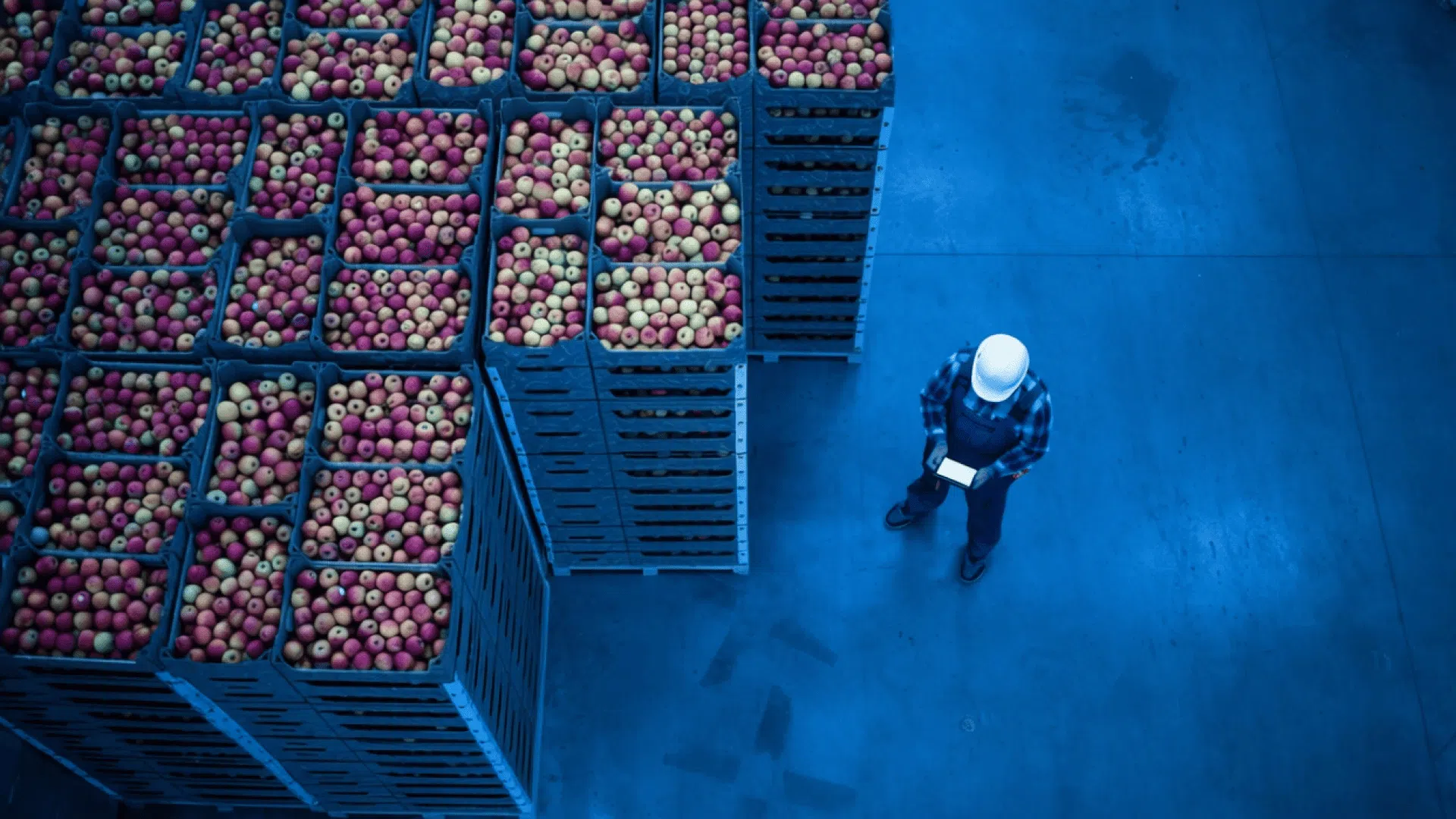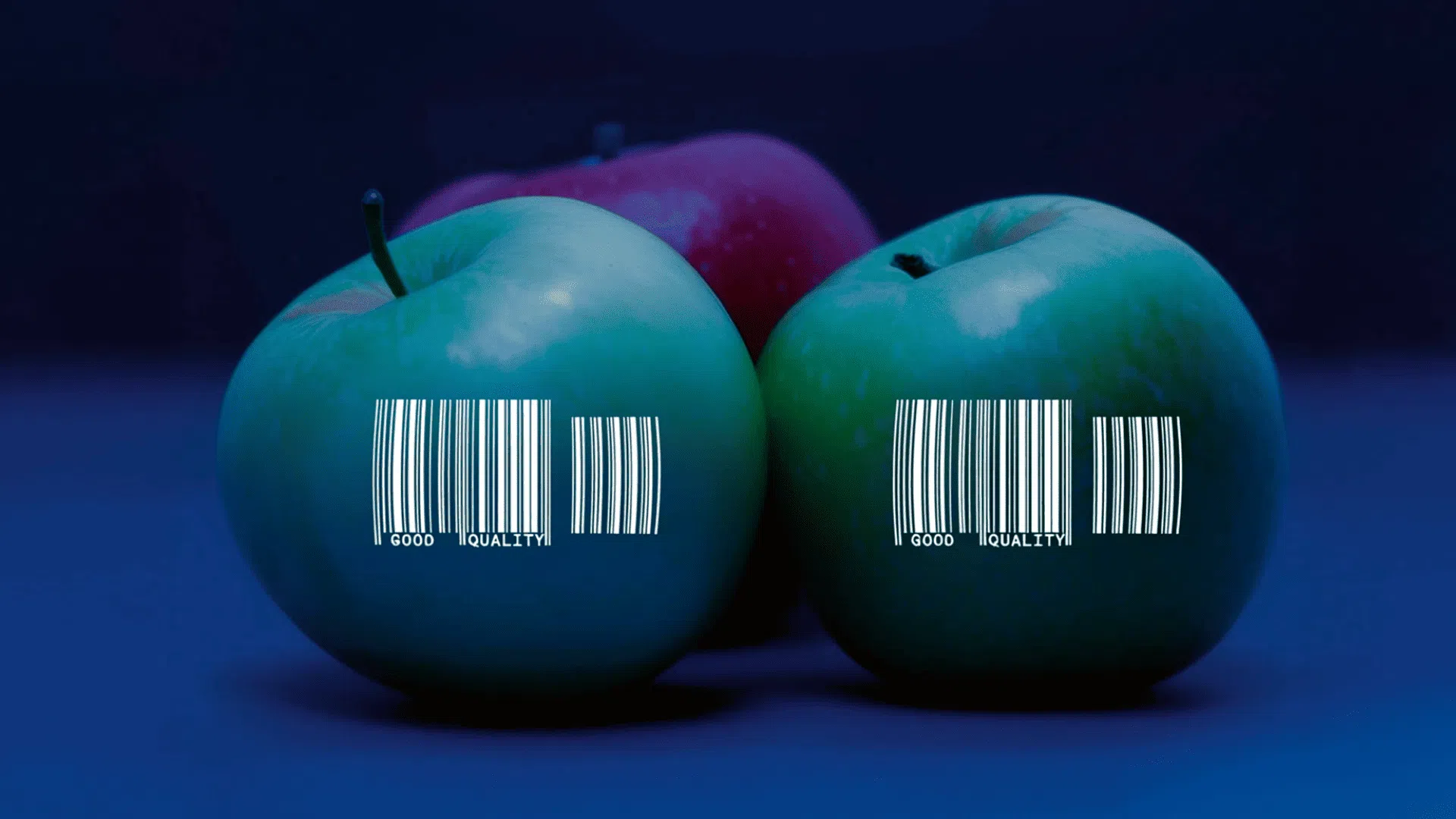Traceability means being able to track food throughout its entire life cycle. We explain how you can guarantee this.

Summary:
Supply chain management in the food industry balances freshness, smooth processes, and strict standards such as IFS, HACCP, and ISO 22000 – all while operating on tight margins. An ERP-supported, connected control system links warehouse and logistics (FEFO/FIFO), production, EDI, and quality assurance to deliver complete transparency. This enables more accurate inventory planning, reduces waste and risks, and stabilises both delivery capability and margins.
A balancing act for the food industry: Guaranteeing freshness, managing seamless supply chains, and meeting strict regulatory requirements – all this while facing rising costs and shrinking margins. The solution? Thoughtful, strategic supply chain management. It not only ensures safety and efficiency but also gives you a decisive competitive edge.
From raw material purchasing and production through to delivery to the end customer – managing the entire supply chain is a complex task for food and beverage manufacturers. The food industry faces a unique set of challenges:
Smart supply chain management offers enormous potential – to use resources more efficiently, minimise waste, and sustainably increase your margins.
When your supply chain slows down, the risks can be serious:
With a well-designed digital strategy, you can transform your supply chain from a challenge into a growth driver. The key lies in your ERP system – it provides transparency and control across all key areas:
A transparent and connected supply chain is the foundation for producing high-quality products, reducing costs, and ensuring long-term success. Less waste, more accurate demand planning, and efficient use of resources create the basis for stable growth and consistent quality.
With the right ERP solution – specifically designed for the food and beverage industry – you retain full control over your supply chain and unlock its full potential.
 How to trace food and beverages safely – Beitrag öffnen
How to trace food and beverages safely – Beitrag öffnen
Traceability means being able to track food throughout its entire life cycle. We explain how you can guarantee this.
 Everything about food safety audits – Beitrag öffnen
Everything about food safety audits – Beitrag öffnen
Comprehensive guide to food safety audits that protects consumers and supports GFSI compliance.
 Sustainability in the food industry – Beitrag öffnen
Sustainability in the food industry – Beitrag öffnen
How an ERP system for food production helps to reduce waste, lower CO₂ emissions and promote sustainable processes.